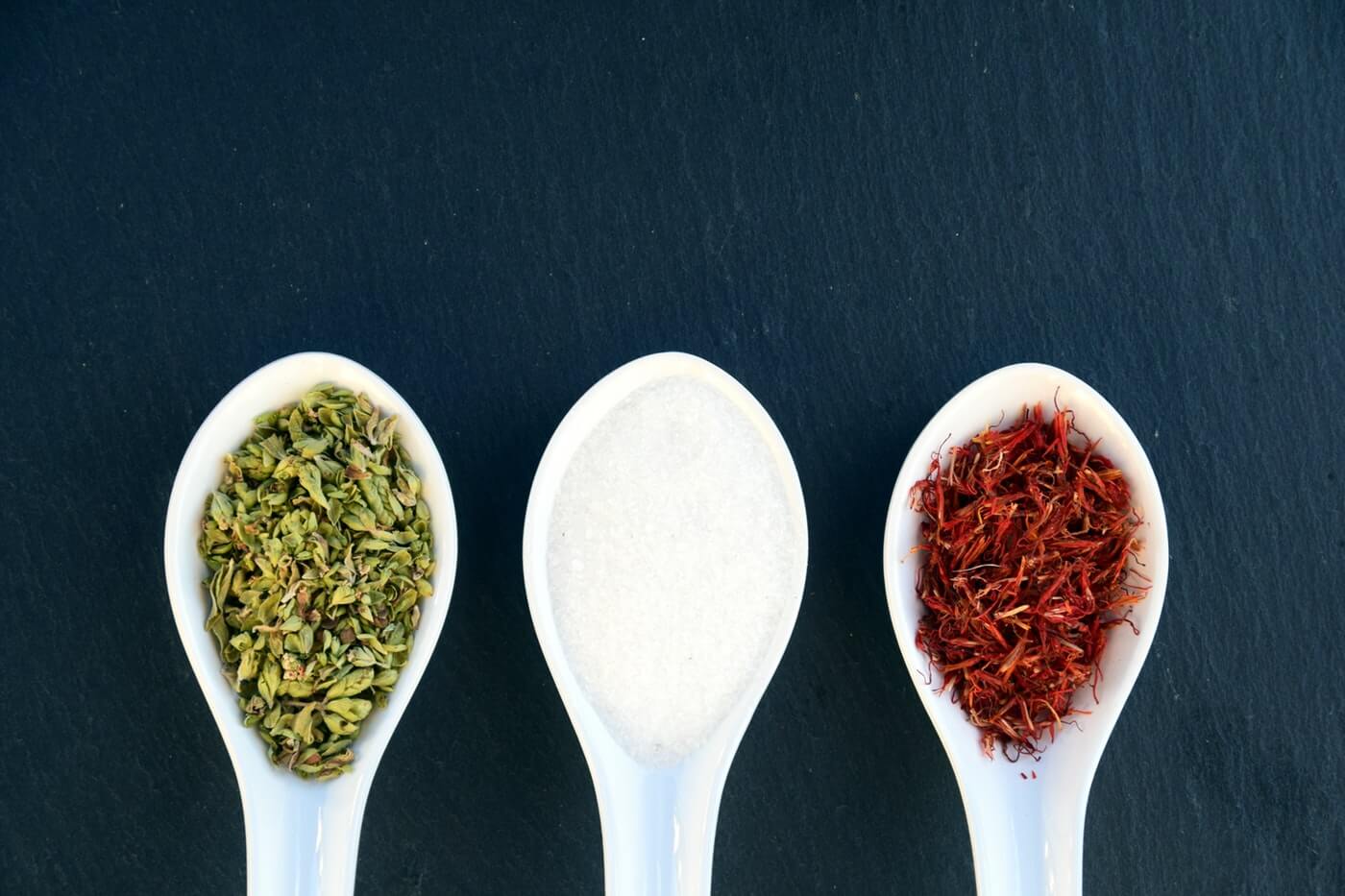Six Types of Forbidden Foods for Asthma Sufferers

Asthma, accompanied by the usual symptoms of wheezing, shortness of breath, tightness of chest and coughing, may be triggered by contact with airborne substances such as smog, perfume, paint, dust, animal hair, pollen and other allergens. How can asthma harm your health or cause you discomfort?
Risks of asthma
1. Impact on daily life
Repeated wheezing and coughing can affect life, work, study and even the family. For example, if the children get asthma, the parents have to take them to the doctor on a regular basis, which somewhat delays the learning of the children and the work of the parents.
2. Pathological factors
If sufferers have not accepted early prevention and special treatment, asthma can lead to pathological changes in the respiratory tract. For example, the airways have their own capacity for expansion, but the recurrent symptoms of asthma not only make them irreversibly narrow but a process known as airway remodeling can occur, which affects the normal operation of the lungs.
3. Mental health
Asthma sufferers may stay away from the social community and their activities because of the label ‘asthma patient’. They may be afraid of travel, work, and school, which can have a strong mental impact.
Six types of foods to watch out for
1. Peanuts, sesame seeds, and cottonseeds
Peanuts, sesame seeds, and cottonseeds contain a large amount of protein, especially in the raw form, which can induce allergic asthma. Some researchers point out that the processed products of these foods pose a low risk of developing asthma, so they can be eaten without difficulty after frying, cooking, or other processing. However, the raw forms should be avoided.
2. Wheat & Grains
Some reports say that the baker, who often comes into contact with wheat and grains tends to get asthma, which is known as baker’s asthma. The reason is associated with the flour, especially its long-term storage, which is the most common ingredient for bakers. Therefore, the flour should be used in time.
3. Milk & Dairy
Milk, considered high risk for childhood asthma, contains rich lactalbumin and casein (two kinds of protein). Lactalbumin is the strong allergen among the milk components. Although its power can be weakened after heating, it is still a strong allergen for highly sensitive people, inducing asthma. Therefore, it is recommended to feed the baby with breast milk to reduce the risk of allergic asthma caused by milk.
4. Seafood & fish products
The allergen of seafood and fish products has a heat-resistant property, which is difficult to remove by the heating process. And their cooked products and stale seafood can obviously increase the rate of allergic asthma. Therefore, the freshness of seafood products, such as fish, shrimp, crab, clam and shellfish must be guaranteed.
5. Eggs
In some cases, eggs can cause allergic reactions, such as asthma. Specialists point out that albumen (egg white) can trigger the allergy and thus causes asthma. In contrast, the yolk in the egg has a great effect on relieving the onset of asthma, so it is preferable to eat yolks instead of egg whites.
6. Beans
It is currently confirmed that soybeans, mung beans, red beans, black beans, kidney beans and other beans may also induce allergic asthma symptoms, which is also related to the higher protein content of beans. By soaking and cooking until tender before eating, allergenic reactions can be reduced,

